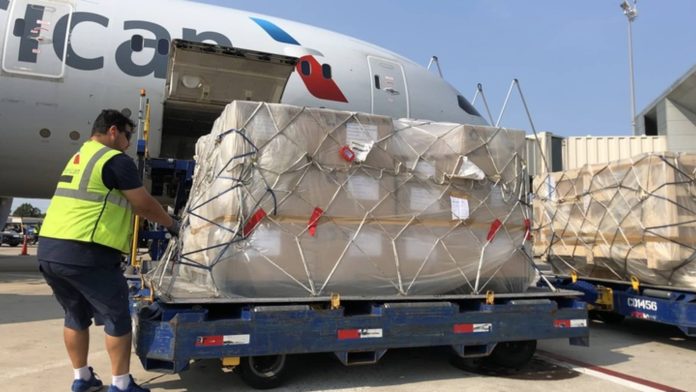The International Air Transport Association (IATA) has unveiled the 2025 edition of its industry manuals for cargo and ground handling operations, incorporating over 350 changes to align with evolving industry standards and regulatory requirements. The updated manuals introduce significant revisions, including new classifications for dangerous goods such as sodium-ion batteries and fire suppressant dispersing devices. Battery shipping regulations have been expanded beyond lithium batteries to include sodium-ion batteries with organic electrolytes, wet spillable batteries, and non-spillable variants.
Enhancements in live animal transport regulations now reference databases from the Convention on International Trade in Endangered Species of Wild Fauna and Flora (CITES) and the International Union for Conservation of Nature (IUCN), alongside updated specifications for animal transport containers. The Airport Handling Manual has been revised to include policies on contactless travel, unruly passengers, and digitalized travel documentation. Environmental considerations have also been integrated, with references to IATA’s Environmental Assessment (IEnvA) program and updates to the IATA Training Passport for recognizing ground handling skills across employers.
Additionally, the Compassionate Transportation Manual now provides updated best practices and checklists for the repatriation of human and pet remains by air, with references to IATA’s Cargo iQ and ONE Record standards. Supplementing the manual updates, IATA’s ONE Source platform offers free industry access to validate aviation infrastructure capabilities, improving the handling of specialized cargo shipments.
Frederic Leger, IATA’s Senior Vice President of Commercial Products and Services, emphasized the importance of global standards in ensuring safe and efficient aviation operations. He noted that IATA’s continuous collaboration with regulators and industry stakeholders helps modernize aviation processes, integrating new technologies, regulatory updates, and sustainability initiatives. These latest revisions reaffirm IATA’s commitment to maintaining industry best practices and enhancing the efficiency of air transport operations worldwide.
















